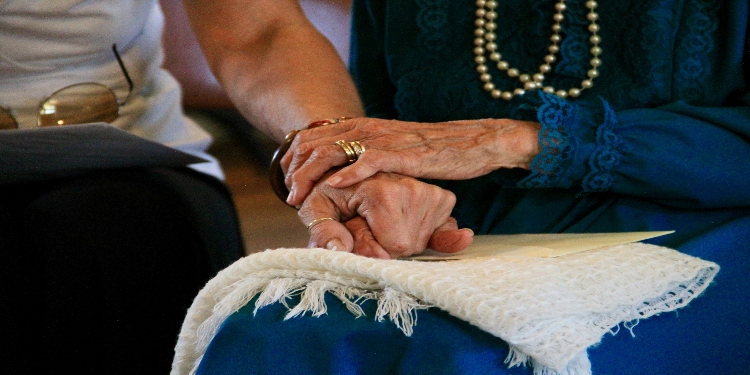Grief can be hard for anyone, especially older adults. As people age, they often lose friends, family, or even pets. These losses can cause sadness that lasts for a long time.
Seniors may not always talk about their feelings. How can we tell if they need help? Understanding their needs helps them heal better.
Support from family and friends matters a lot. This blog explores how to comfort and care for grieving seniors. Let’s learn how to spot signs and offer kind support.
Why Seniors Grieve Differently Than Younger People
Seniors face different kinds of losses over time. They may lose a spouse, close friends, or independence. These changes affect them in many emotional ways.
They might also fear becoming a burden to others. Some seniors hide feelings to stay strong for their families.
Grief may last longer without proper support. It’s important to listen and offer patience. Every senior’s grief experience is deeply personal and unique.
The Role of Family and Community in Healing
Family plays a big part in helping seniors through grief. Staying connected prevents feelings of being alone or forgotten. Simple talks and visits make a big difference.
Community groups offer helpful support and safe spaces to share. Local centers often have grief programs for older adults.
These services help reduce isolation and sadness. Encouraging seniors to join keeps them active and connected. Support networks can bring much-needed comfort.
Spotting Hidden Signs of Grief in Older Adults
Many seniors don’t always show their true feelings of loss. Instead of crying or talking, they might stay silent and withdrawn. They may act cheerful to avoid worrying their family.
Hidden grief can appear through changes in appetite or sleep. Forgetfulness or irritation may also be signs of deeper pain.
That’s why recognizing masked grief in seniors is so important. By noticing these quiet signals, we can offer timely support and care.
Healthy Ways Seniors Can Cope With Loss
Seniors can use many healthy tools to manage grief. Writing in journals helps express deep feelings. Talking with a counselor gives space to open up.
Walking or gentle exercise improves mood and health. Some find peace through faith or meditation. Staying busy with hobbies helps ease the pain.
Seniors should not be afraid to ask for help. Taking small steps daily helps rebuild strength over time.
When Professional Help Becomes the Right Choice
Not all grief fades with time or support alone. Some seniors feel stuck in deep sadness for months. When this happens, professional help may be needed.
Therapists trained in senior care can offer healing tools. They listen, guide, and teach healthy coping skills. Support groups also bring comfort and shared understanding.
Choosing help is a strong and smart decision. It shows the seniors value their health and healing process.
Helping Seniors Heal With Care and Understanding
Grief in seniors deserves careful attention and kind support. Their pain may look different from what we expect. We must listen, watch for changes, and offer comfort often.
Understanding their struggles helps us support their journey forward. Families, friends, and communities all play vital roles in healing.
Let’s make sure seniors never feel alone during grief. With the right help, hope and peace can return. Healing is possible, even after deep loss.
Did you find this article helpful? If so, check out the rest of our site for more informative content.











































































